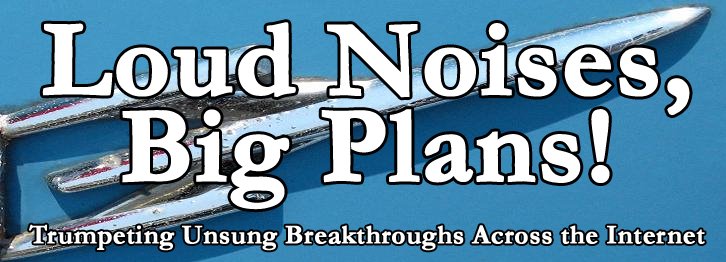A study from the University of Haifa has asked whether early retirement is as optional as it appears. According to their data, most people take early retirement options because of workplace pressure. However, their data set was taken from men who had taken early retirement from government companies that became privatized, which makes me wonder how applicable it is across the entire workforce.
I'm not saying government employees are lazy and terrible at their jobs (because plenty of other people are saying it), I'm saying that I can see where a profit-motivated corporation would look to trim its workforce as much as possible. That's probably the source of the pressure cited in the study. Is this kind of thing really happening in companies that aren't making a dramatic shift in managment and objectives?
The ideal put forth by Sigal Naim, who carried out the study, is that "everyone would be able to continue working based on his or her abilities and desires." He goes on to suggest a removal of mandatory retirement ages. That's all well and good in theory, but what happens in reality, when elderly workers who are well past their prime insist on bitterly clinging to jobs that could be used to lower the nation's unemployment rate?





